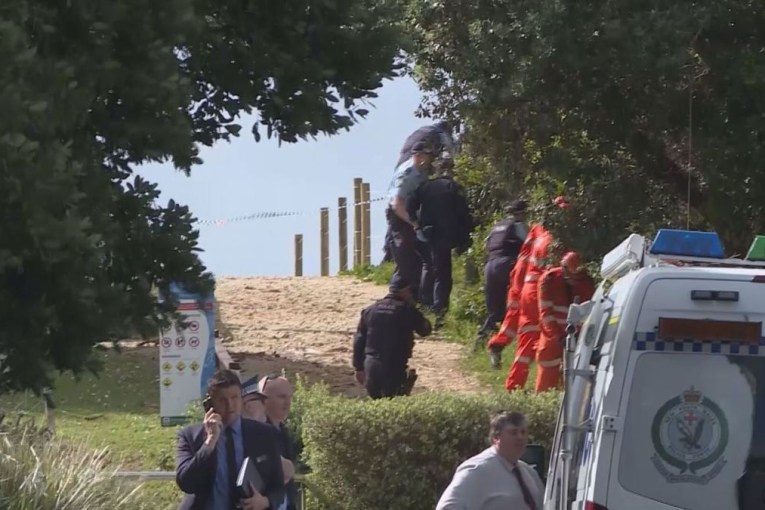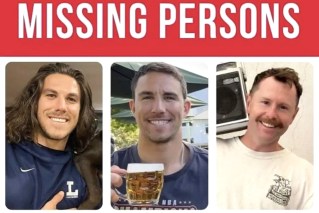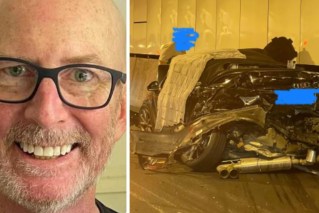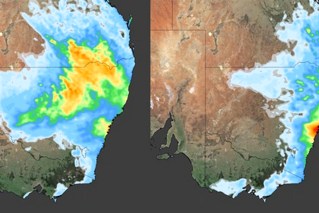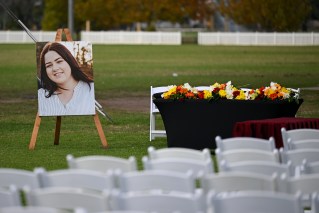International travel feels worlds away with Australia’s borders still firmly shut. But with vaccines being rolled out and a return to supersonic travel on the horizon, the future holds exciting possibilities.
For example, imagine having breakfast in Sydney and being in Los Angeles in time for dinner.
United Airlines has signed a deal to purchase 15 super-fast Overture jets from Denver-based aerospace company Boom Supersonic, with an option to buy a further 35.
United CEO Scott Kirby said the airline was on a trajectory to become more innovative and sustainable, with advancing technology “making it more viable for that to include supersonic planes”.
“Boom’s vision for the future of commercial aviation, combined with the industry’s most robust route network in the world, will give business and leisure travellers access to a stellar flight experience,” Mr Kirby said on Thursday (local time).
“Our mission has always been about connecting people and now working with Boom, we’ll be able to do that on an even greater scale.”
The aircrafts will first need to meet safety, operating and sustainability requirements.

The Overture’s interior modelling doesn’t look far from first-class. Photo: Boom Supersonic
Parking yourself aboard one of these super fast airliners, in one of up to 88 seats, will cost close to the price of a first-class ticket on a standard airline.
Best start saving, because flights are expected to be ready for departure by 2029.
Tweet from @boomaero
The revival of supersonic travel comes after an 18-year hiatus, with the Concorde aircraft retired in 2003 after 27 years in the air.
Enthusiasm for supersonic travel took a massive hit in July 2000, after a Concorde flight out of Paris crashed into a hotel, killing all 100 passengers as well as nine crew members and four hotel guests.
It was later confirmed that the crash was not caused by the supersonic engine.
The Concorde, which was operated by British Airlines and Air France, was also impacted by an aviation industry downturn following the September 11 terrorist attacks in 2001.
Not without opposition
The Concorde was considered too loud to fly land routes – a hurdle the Overture will need to address if it hopes to obtain approval from regulators like the Federal Aviation Administration.
The ‘boom’ of the supersonic engine may also face opposition from airport management, which like quieter planes.
Environmentalists also have their concerns. Supersonic travel has come under scrutiny for its excessive fuel usage compared to other aircraft.
But United Airlines said the Overture airliners would be optimised to use 100 per cent sustainable aviation fuel and would effectively be carbon neutral.
Boom Supersonic founder and CEO Blake Scholl said the United deal was struck with an eye to sustainability.
“The world’s first purchase agreement for net-zero carbon supersonic aircraft marks a significant step toward our mission to create a more accessible world,” Mr Scholl said.
“United and Boom share a common purpose – to unite the world safely and sustainably.”
How fast is ‘super-fast’ travel?
Boom Supersonic is calling Overture the future of flight, tweeting: “Destinations around the globe, accessible in half the time”.
One example given is a flight from Los Angeles to Sydney. It would usually take 14 hours and 30 minutes, give or take a few minutes for weather conditions.
The projected flight time for the same route aboard the Overture is eight hours, 30 minutes. Not exactly half the time, but we see their point.
It means rather than spending what feels like a whole day in transit, we could eat breakfast in Hollywood and be at Bondi in time for pre-dinner drinks.
Not too bad at all.
-with agencies

